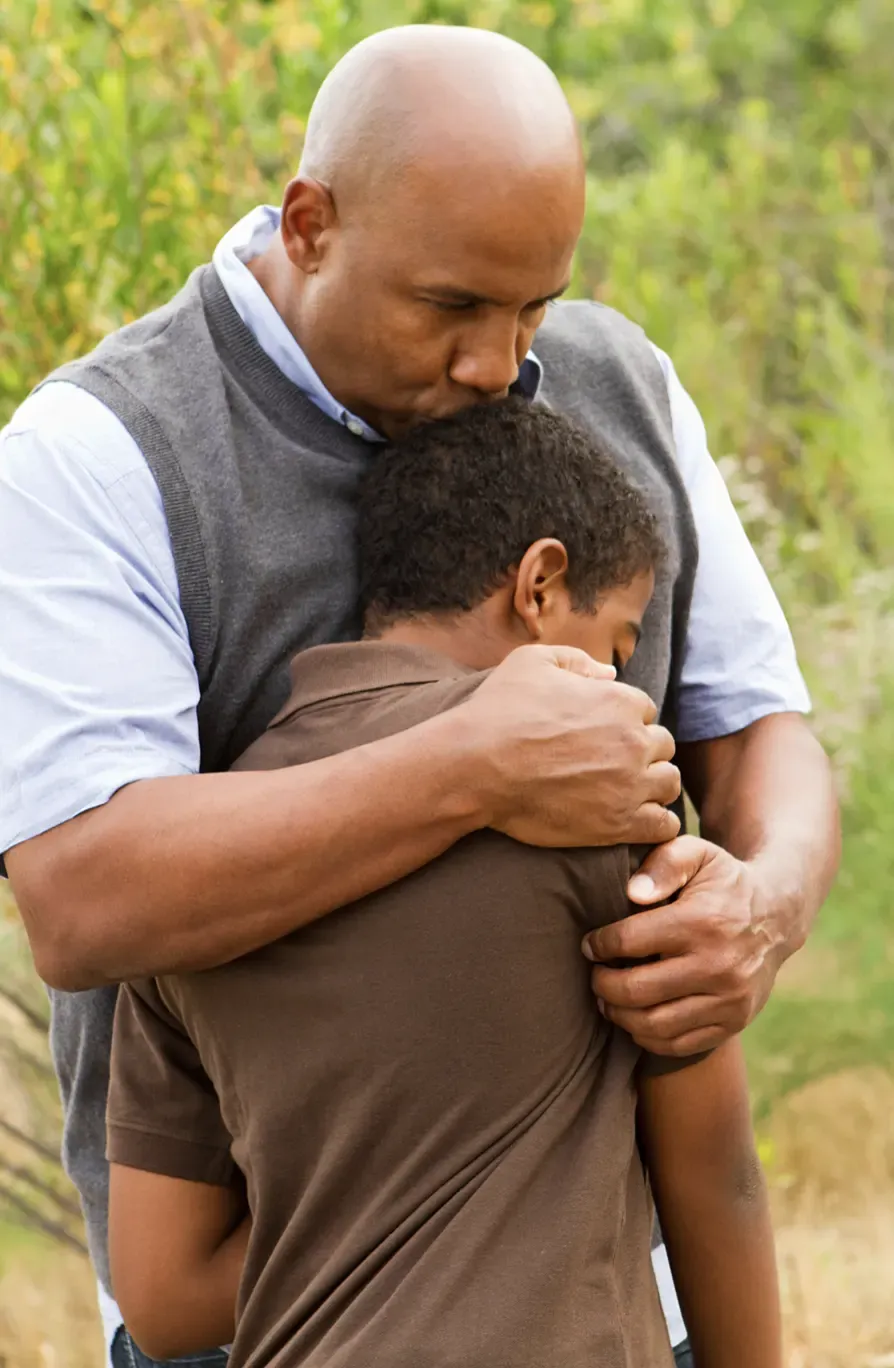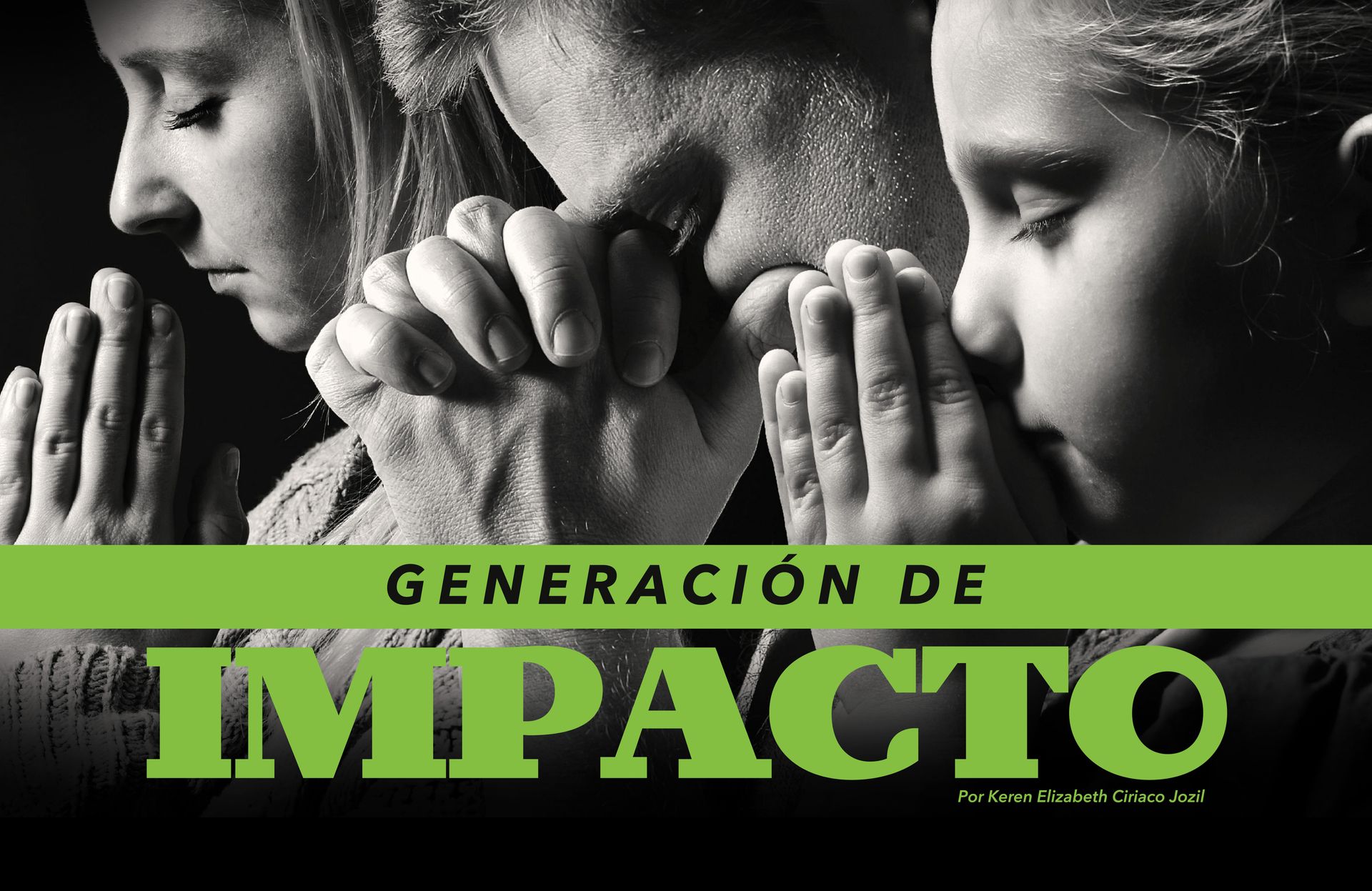7 Things a Pastor's Kid Needs From a Father.
Pastors, your position is demanding, and those demands bring particular struggles to your family. A Pastor's wife carries a heavy load, but she usually enters the ministry voluntarily. The children of a Pastor, however, are swept away by the current of their parents' vocation. It is often a life of unparalleled needs and struggles. These struggles often stem from the father's failures. This is not to place all the blame on Pastors for their children's problems. However, it is to tell the Pastors that they must work on being good parents.
My own father has worked on this a lot. He has his blind spots and weaknesses that could be a source of tension between him and me. But to this day, in his 33 years of pastoral ministry, he has never stopped trying to be a better father. As I was writing this I was thinking about his failures, yes, but I was also thinking about his successes. Many by the way. I also thought about dozens of conversations I've had with fellow Pastors' Kids about such struggles and their relationships with their parents. So, my writing is not the product of bitterness of heart nor some desire to expose the faults of a good man. I love my dad. My desire is to help avoid certain struggles and defeats of other Pastors and their children. So, here are seven important aspects that a Pastor can consider in order to be a good father to his children.
Pastors, your child needs...

1. A DAD, NOT A PASTOR
Yes, they are called to shepherd their family, but the Pastors’ Kids want a dad, someone who will play with them, protect them, make them laugh, love their mom, give hugs, pay attention, teach them how to build a budget, like changing the oil and catching a ball.
We want committed love and warmth. We want a dad who isn't a workaholic. It is hypocritical to call your congregation to a life of passionate evangelism, of love and sacrifice, while neglecting your own family.
If a mortgage broker or salesperson is overworked with 60 hours a week, then so are you. Leave work and be there for your children. Your children will spit on your pastorate if they miss out on your parenting.
2. CONVERSATION, NOT SERMONS
Sermons are an effective way to communicate Biblical truth to a congregation, but not to your children (or spouse). Preaching to your children all the time will stultify the Bible in their eyes, they will see it as boring, and it will crush the passion that you are trying to achieve in them.
Talk to your children about the Bible in a way that is interesting, applicable, and conversational. Help them see the Bible as a normal part of life. Instead of lecturing, soak your conversation in biblical worldview to help your children shape their life goals. That way they will know that they can interact with this important book. Sermons at home separate them from the Word since it implies that only the very studious can understand it.
3. YOUR INTEREST IN THEIR HOBBIES
Jonathan Edwards may be your hero, or Seth Godin your muse, but your first grader daughter doesn't care much for that. Her love language is playing Barbies and dancing. Your child wants to build a Lego fort, beat you on Xbox, or learn the moves of his favorite sport. Your hobbies are your own alone, but the degree to which you get involved in your children's interests speaks of a love that impacts them.
4. BE STUDIOUS
It's harder to spend time with children as they get older. So, spend time studying them just like you study your Greek lexicon. They are more important, after all. Would your high school son appreciate going out for pizza with you or curling up on the couch and watching college football on a Saturday afternoon? Does your teenage daughter want you to take her shopping or for coffee? Maybe they don't want recreation but help.
So, talk about challenges they’re having with their friends, or algebra problems, or anything else that's stressing them out. Learn these things, even if it seems like there are no right answers. Teenagers are difficult; they treat parents like idiots all the time. But these actions, when done constantly, multiply. Show them a pattern so that when your kids are done thinking you're a idiot, they can have a path to walk with you.
5. CONSISTENCY FROM YOU
No one can call you a hypocrite quicker than your kids (and wife), and nothing will lose you more ground in your home than this. If you stand in the pulpit on Sunday and talk about grace after spending Friday and Saturday complaining about your family, grace will look cheap and unattractive to your child who is closely observing you. However, if you treat your child as if you need his grace and forgiveness for your terrible behavior, you can open a door to God’s grace. (And using phrases like “I had a horrible attitude” sounds sincerer when apologizing.)
If you act like the great Pastor in the pulpit, but like an isolated church worker at home, your children will see the church and all that goes with it as a sham. If you encourage others to live a life of joy, but you are constantly complaining about your life, or exhort people at church to live a life of sacrifice, but you are lazy, no one will notice quicker than those living at home. To your family, your interactions with God and with them are far more important than your Sunday sermons.


6. GRACE IN FAILING
Pastors talk a lot about grace. It is the basis of our salvation and the source of our hope. But when the moment of truth arrives, do you offer enough grace to your children? Pastors' kids feel enormous pressure to be “good” and trust the Bible for all things. But we are often not good and often lack confidence in biblical reality.
We sin and doubt assails us like everyone else. But when we do, the path to restoration and peace often feels like an impossible journey to navigate. Is grace itself allowed to fail and doubt (assuming grace is preached in your congregation)?
7. A SINGLE MORAL STANDARD
The grace pastors’ children need is to live under a single moral standard. Most of them feel the pressure of their parents’ priestly profession on their moral standards. The qualities that a pastor and elder should have described in 1 Timothy and Titus feels like a threat to pastors’ kids: “If you mess up, not only will your father look bad, but he will lose his job.” These standards are the same ones every Christian should keep in mind and follow as well as to teach to others. No one else’s dad is at risk of being unemployed if his son is rebellious, but PK’s dads are. The added pressure of being morally honest doesn’t help their hearts. This practice fosters an environment in their souls in which the temptation to rebel and the temptation to be hypocritical battles with the desire to honor Jesus and their pastors’ dads.
You have heard that it was said: Children of pastors should be holier than their peers and their parents should raise them better, but is not what Jesus said, He tells us all:
“Be holy because I am holy.” That’s how it should be.









